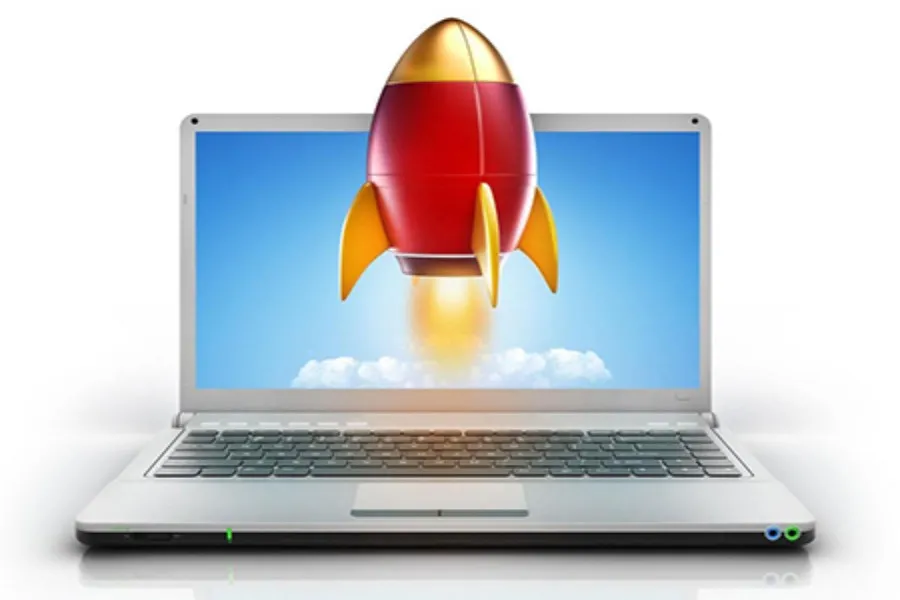Why Is Your Laptop Slow? As an expert in computer performance optimization, I often receive inquiries about slow laptop performance and ways to improve it. A slow laptop can be frustrating, hindering productivity and causing unnecessary delays.
In this article from Night Agency, I will explain some common reasons why laptops become slow and provide practical steps to speed up your device, allowing you to regain smooth and efficient performance.
1. Insufficient RAM (Random Access Memory)
One of the primary reasons for a slow laptop is insufficient RAM. When your computer runs out of available RAM, it relies on slower virtual memory stored on the hard drive, leading to performance bottlenecks. To address this issue, consider upgrading your RAM. Adding more RAM will give your laptop the necessary resources to handle multiple tasks and applications simultaneously, improving performance.
2. Outdated or Bloated Software
Outdated or bloated software can weigh down your laptop’s performance. Applications and operating systems not updated with the latest patches and security fixes can become slow and prone to crashes. Additionally, having unnecessary software running in the background can consume system resources. Regularly update your operating system and applications to ensure optimal performance and uninstall unused or resource-heavy software to free up system resources.

3. Fragmented Hard Drive
Over time, your laptop’s hard drive can become fragmented, meaning files are scattered across different physical locations. This fragmentation slows down file access and retrieval times. Use your operating system’s built-in disk defragmentation tool or third-party defragmentation software to address this. Defragmenting your hard drive will reorganize files and improve data access speeds, resulting in a faster laptop.
4. Malware and Viruses
Malware and viruses can significantly impact your laptop’s performance by consuming system resources, running malicious processes in the background, and causing general system instability. To combat this, regularly scan your computer with reputable antivirus software and keep it current. Ensure that your operating system and applications have the latest security patches installed to minimize the risk of malware infections. get more information about various types of malware in our another article.

5. Limited Storage Space
If your laptop’s hard drive is nearly full, it can slow down system performance. When the operating system has insufficient free space for temporary files, updates, and swap files, it can impact overall performance. To free up storage space, delete unnecessary files, uninstall unused applications, and consider moving large media files or documents to external storage or cloud-based solutions.
6. Overheating
Overheating can cause your laptop to throttle performance to prevent damage to internal components. When the laptop’s cooling system is clogged with dust or restricted airflow, it can increase temperatures and decrease performance. Clean the cooling vents and ensure proper airflow by using your laptop on a flat surface or investing in a laptop cooling pad. Regular maintenance will help prevent overheating and maintain optimal performance.

Conclusion
A slow laptop can significantly impact productivity and user experience. You can effectively speed up your computer by understanding the common causes of sluggish performance and implementing the steps mentioned above.
Also you can read our article about How To Make Old PC Run Faster.
Upgrading RAM, keeping software up to date, defragmenting the hard drive, protecting against malware, managing storage space, and preventing overheating are all essential aspects of maintaining a fast and efficient laptop. Remember to perform regular maintenance and optimization tasks to ensure long-term performance gains. With these steps, you can enjoy a snappy, responsive notebook that meets your computing needs.

